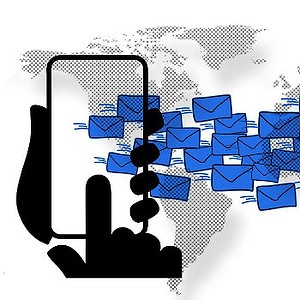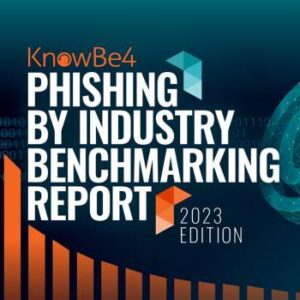Intruders in your email inbox
Automated email inbox rules are a useful and familiar feature of most email programs. They help manage your inbox and the daily flood of wanted and unwanted messages by allowing you to move emails to specific folders, forward them to colleagues when you're away, or delete them automatically. However, once an account has been compromised, attackers can abuse inbox rules to disguise further attacks, for example by secretly exfiltrating information from the network via forwarding, ensuring that the victim does not see security warnings, and deleting certain messages. E-mail…










